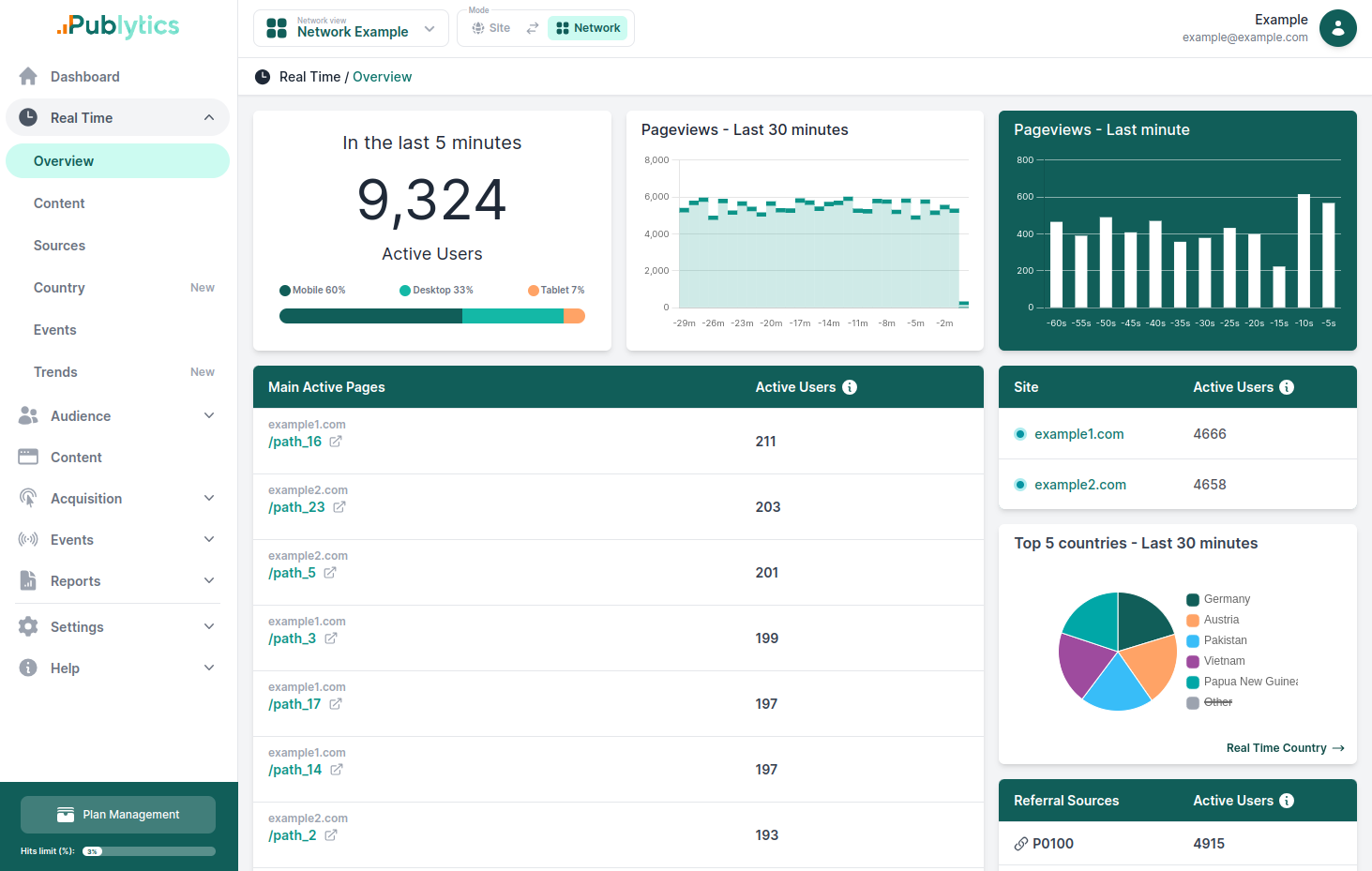What are UTMs and How to Use Them: A Guide to Effective Campaign Tracking
Dec 04, 2023 | Author: Info Publytics
In this article, we'll discover the importance of UTMs and how to use them effectively.
UTM parameters are tags added to the end of a URL, allowing you to track the performance of your online campaigns in web analytics tools. They provide detailed insights into the source, medium, campaign, term, and content associated with a particular link. By using UTMs, you can answer critical questions about your marketing efforts:
- Source: Where is your traffic coming from? (e.g., Facebook, Google, email)
- Medium: What type of traffic is it? (e.g., social, organic search, email)
- Campaign: Which specific campaign does the traffic belong to? (e.g., summer_sale, holiday_promo)
- Term: What keywords are driving the traffic? (commonly used in paid search)
- Content: Which specific ad or link within a campaign is driving the traffic?
Crafting Effective UTM Parameters:
-
Be Consistent:
- Establish a standardized naming convention for UTMs across all your campaigns.
- Consistency makes it easier to analyze and compare data over time.
-
Use Descriptive Labels:
- Ensure that your UTM parameters are descriptive and easy to understand, for you and for yout team.
- A clear and concise label makes it simpler to identify the source, medium, etc.
-
Avoid Spaces and Special Characters:
- Spaces and special characters can cause issues with tracking. Replace spaces with underscores (_) or dashes (-).
-
Utilize URL Builders:
- Leverage online UTM builders to streamline the process and avoid errors.
- Publytics UTM Builder is a popular and user-friendly tool.
Implementing UTMs Across Channels:
-
Social Media:
- Customize UTMs for each social media platform.
- Track the performance of individual posts, ads, or campaigns.
-
Email Marketing:
- Include UTMs in your email links to monitor the effectiveness of different email campaigns.
- Track clicks on specific links within emails for granular insights.
-
Paid Advertising:
- Use UTMs in your paid advertising links to identify which campaigns and keywords are driving the most traffic.
- Monitor the performance of different ad creatives and placements.
-
Offline Marketing:
- Apply UTMs to URLs in offline materials using QR codes or shortened links.
- Measure the impact of events, print ads, and other offline efforts.
Analyzing UTM Data:
-
Publytics:
- Regularly check your Publytics account for UTM-based insights.
- Analyze traffic sources, user behavior, and conversion rates associated with specific UTMs.
-
Adjust and Optimize:
- Use UTM data to identify top-performing channels and campaigns.
- Allocate resources and budget based on the channels that yield the best results.
-
Iterate and Refine:
- Continuously refine your UTM strategy based on performance.
- Experiment with different messaging, visuals, and targeting to optimize results.
Incorporating UTMs into your marketing strategy empowers you with valuable data to make informed decisions. By consistently applying UTM parameters across your campaigns, analyzing the resulting data, and optimizing based on insights, you'll not only enhance your understanding of user behavior but also maximize the effectiveness of your marketing efforts.
Recent Posts
-
Publytics & qiota: The integration of analytics and monetization for publishers
Feb 18, 2026 | Author: Info Publytics
-
Enhancing Data Privacy in Web Analytics
May 13, 2025 | Author: Bruno Cazzaniga
-
How to Track Logged-in Users Without GA4 and Optimize Your Strategy
Mar 31, 2025 | Author: Bruno Cazzaniga
-
Track Article Author: How to Measure Content Creation Performance
Mar 14, 2025 | Author: Bruno Cazzaniga
-
Why Your Multi-Sites Deserve a Unified Dashboard
Feb 26, 2025 | Author: Bruno Cazzaniga
Start monitoring your websites in few seconds No credit card required!
Start monitoring your websites in few seconds


